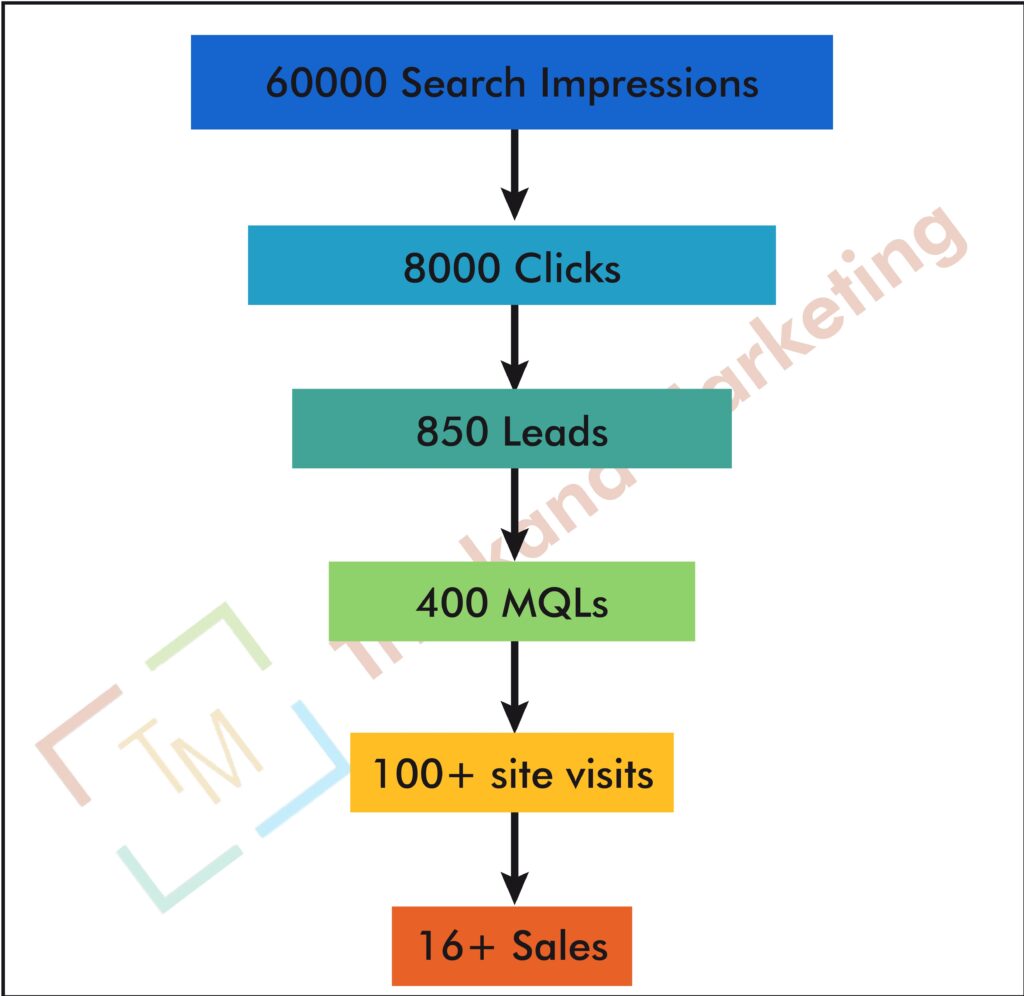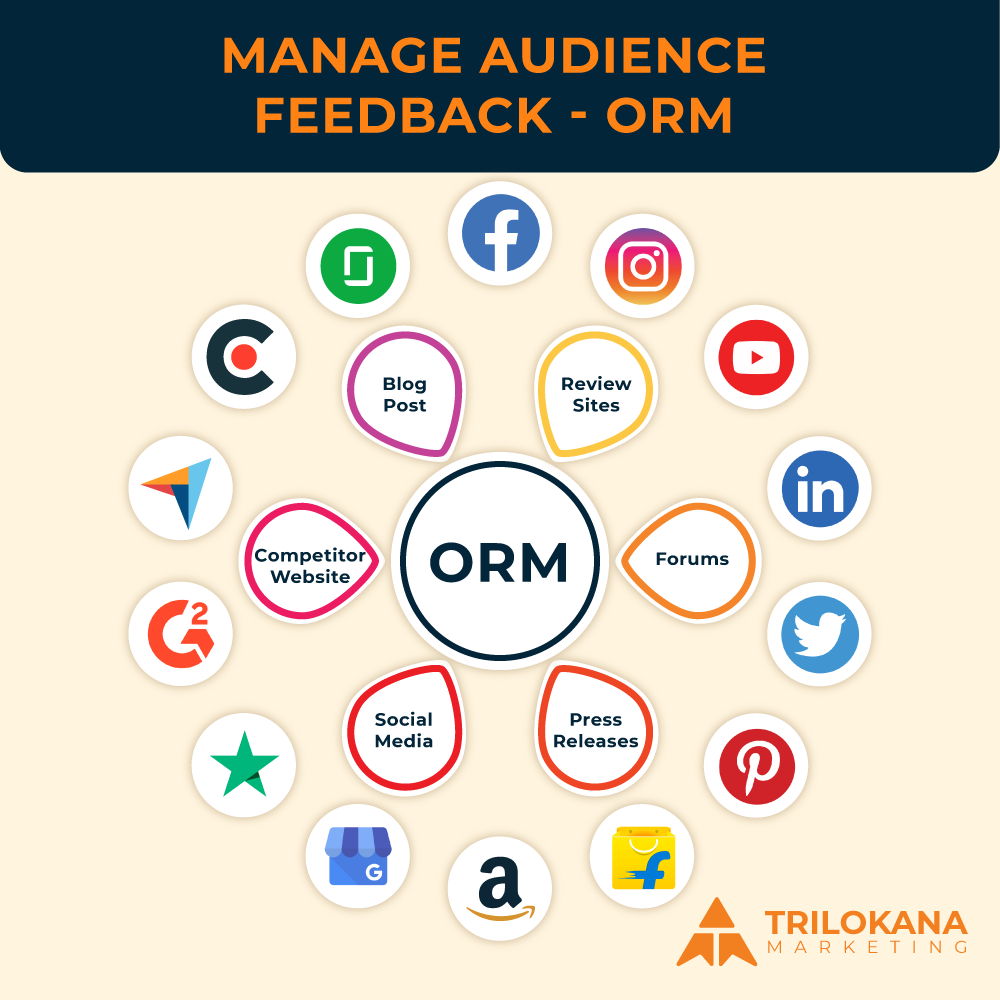Unlocking the Power of SEO
“SEO is more than a tactic—it’s a fundamental strategy for achieving online success.”
In the digital age, where competition is fierce and online visibility is crucial, Search Engine Optimization (SEO) plays a pivotal role in driving traffic and ensuring online success. This guide explores why SEO is essential, how it impacts your business, and strategies to leverage its full potential.
-
Understanding SEO and Its Impact
“SEO shapes how your website is discovered and perceived—understand its impact to harness its power.”
SEO is the practice of optimizing your website to rank higher in search engine results pages (SERPs). This process involves improving various elements of your site to make it more appealing to search engines and users alike.
Key Points:
- Visibility and Traffic: SEO helps increase your website’s visibility, leading to higher organic traffic.
- Credibility and Trust: High search rankings often translate to greater trust and credibility with users.
- Cost-Effectiveness: Compared to paid advertising, SEO offers a more sustainable and cost-effective way to attract traffic.
-
SEO as a Long-Term Strategy
“Think of SEO as a long-term investment—its benefits grow over time with consistent effort.”
Unlike paid advertising, where results are immediate but temporary, SEO is a long-term strategy. The effects of SEO build up gradually and continue to provide benefits over time.
Key Points:
- Compounding Returns: As your website gains authority and earns backlinks, its rankings improve, leading to more organic traffic.
- Sustainable Growth: SEO efforts lead to lasting improvements in visibility and traffic, unlike short-term spikes from ads.
- Ongoing Optimization: Regular updates and optimizations are necessary to maintain and enhance your rankings.
-
SEO Enhances User Experience
“A well-optimized site not only pleases search engines but also offers a superior user experience.”
User experience (UX) is a crucial component of SEO. A site that is easy to navigate, fast, and relevant enhances user satisfaction and encourages longer visits.
Key Points:
- Page Speed: Faster loading times reduce bounce rates and improve user satisfaction.
- Mobile Friendliness: Optimizing for mobile ensures users have a positive experience on all devices.
- Content Relevance: High-quality, relevant content meets user needs and improves engagement.
-
Building Authority and Trust Through SEO
“Authority and trust are earned through consistent, high-quality SEO practices.”
Search engines prioritize websites that demonstrate authority and trustworthiness. SEO helps build these qualities through content, backlinks, and user engagement.
Key Points:
- Backlinks: Earning links from reputable sites signals authority to search engines.
- Content Quality: High-quality, informative content establishes your site as an industry leader.
- User Reviews: Positive reviews and testimonials enhance your credibility and trustworthiness.
-
Local SEO: Reaching Your Target Audience
“Local SEO helps you connect with customers in your area—essential for businesses with a physical presence.”
For businesses that operate locally, local SEO is crucial. It helps your business appear in local search results and Google Maps, connecting you with potential customers in your area.
Key Points:
- Google My Business: Optimize your listing to appear in local search results and Maps.
- Local Keywords: Incorporate location-specific keywords into your content and meta tags.
- Customer Reviews: Encourage satisfied customers to leave positive reviews on local directories and review sites.
-
SEO and Competitive Advantage
“Effective SEO gives you a competitive edge—stay ahead by continually optimizing your site.”
In a competitive online marketplace, SEO can differentiate your business from competitors. By implementing effective SEO strategies, you can gain an edge and attract more traffic than competitors.
Key Points:
- Competitive Analysis: Analyze competitors’ SEO strategies to identify opportunities and gaps.
- Content Differentiation: Create unique, valuable content that stands out from the competition.
- Adaptive Strategies: Continuously update your SEO tactics based on industry trends and competitor activities.
-
Measuring and Analyzing SEO Success
“Track your progress and adapt strategies—data-driven decisions lead to better SEO outcomes.”
Measuring the effectiveness of your SEO efforts is essential to understanding what works and what needs improvement. Use analytics tools to track your performance and refine your strategies.
Key Points:
- Key Metrics: Monitor metrics such as organic traffic, bounce rate, conversion rate, and keyword rankings.
- Analytics Tools: Use tools like Google Analytics, Google Search Console, and SEO-specific platforms to gather data.
- Regular Reviews: Conduct regular SEO audits to identify areas for improvement and adjust your strategies accordingly.
-
The Role of Content in SEO
“Content is the heart of SEO—create valuable, engaging content to attract and retain visitors.”
Content is central to SEO. High-quality, relevant content not only attracts visitors but also encourages them to stay on your site longer and engage with your brand.
Key Points:
- Content Strategy: Develop a content strategy that aligns with user interests and search intent.
- Keyword Integration: Incorporate keywords naturally into your content to improve search visibility.
- Content Formats: Utilize various content formats such as blogs, videos, infographics, and podcasts to engage different audience segments.
-
Technical SEO: Ensuring Site Health
“Technical SEO ensures your site functions properly—fix technical issues to improve rankings.”
Technical SEO involves optimizing the backend of your website to ensure it is accessible and understandable by search engines. A well-structured site with no technical issues performs better in search rankings.
Key Points:
- Site Crawlability: Ensure search engines can crawl and index your site effectively.
- Fix Errors: Address issues such as broken links, duplicate content, and crawl errors.
- Optimize XML Sitemap: Submit a clean XML sitemap to help search engines understand your site’s structure.
-
The Future of SEO
“SEO is ever-evolving—stay ahead by anticipating future trends and adapting your strategies.”
The field of SEO is dynamic, with search engines continuously updating their algorithms and introducing new technologies. Staying informed and adaptable is key to maintaining SEO success.
Key Points:
- Emerging Trends: Keep an eye on emerging trends such as voice search, AI, and mobile-first indexing.
- Continuous Learning: Invest in ongoing education to stay updated with the latest SEO developments.
- Adapt Strategies: Be prepared to adjust your strategies based on changes in search algorithms and user behavior.
Embracing SEO for Success
“SEO is not just a tactic—it’s a crucial element of your online success strategy.”
SEO is a vital component of achieving online success. By understanding its importance and implementing effective strategies, you can enhance your website’s visibility, attract more visitors, and build a stronger online presence. Embrace SEO as a fundamental part of your digital marketing efforts to drive long-term success and growth.



